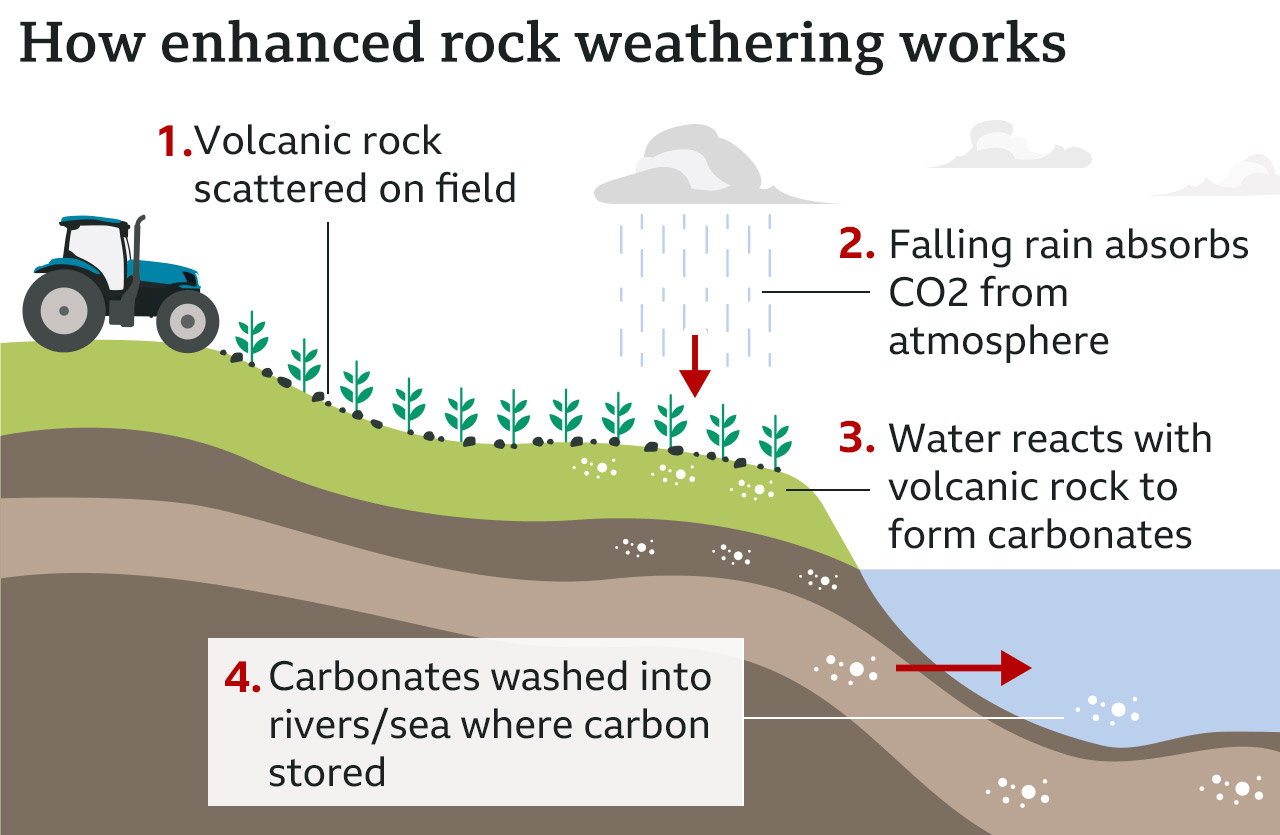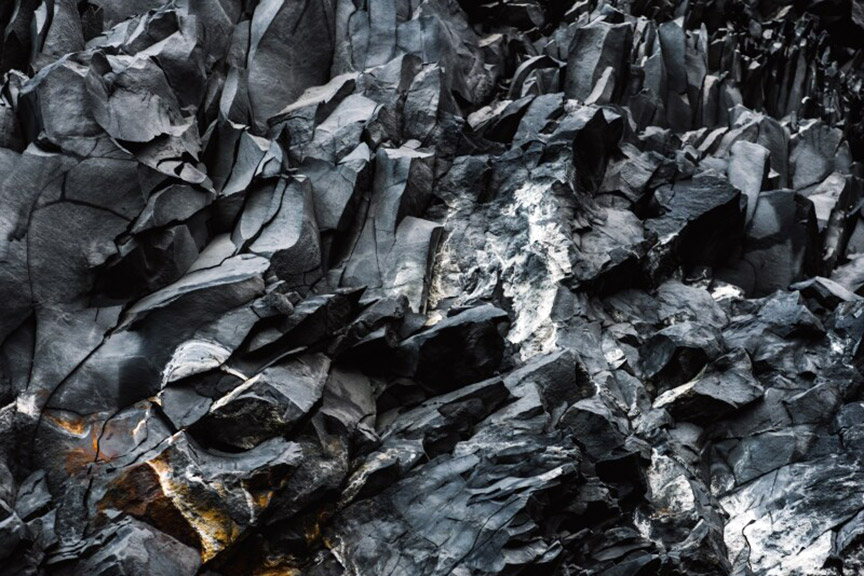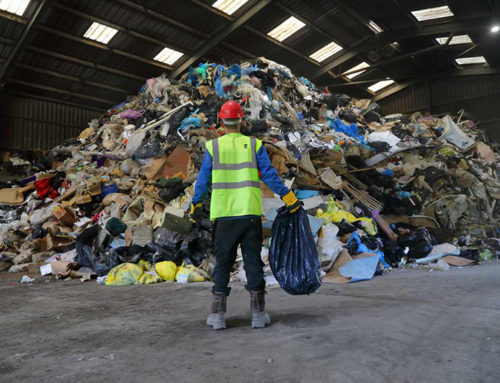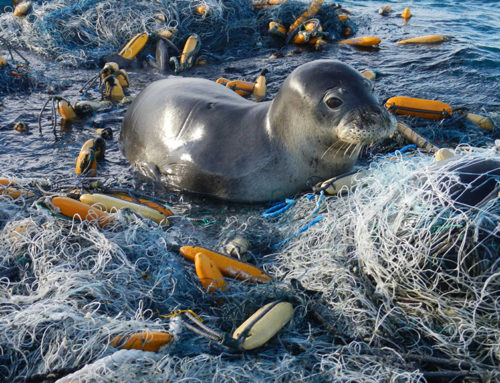In a bid to combat climate change, Lithos Carbon, a young startup led by Mary Yap, is championing an unconventional approach to carbon removal—basalt, a volcanic rock rich in nutrients. Yap’s venture, Lithos Carbon, recently secured a significant $57.1 million investment from Frontier, a benefit corporation supported by tech giants like Meta, Alphabet, and Stripe. This financial boost aims to scale up the use of basalt dust on US farmland, showcasing the potential of enhanced rock weathering as a viable climate solution.
Basalt, akin to limestone, has long been recognized for its soil-enriching properties. It absorbs nutrients during its crystal formation, making soil less acidic and more fertile. However, what sets basalt apart is its ability to naturally capture carbon from the atmosphere. This unique characteristic has sparked interest in turning basalt dust into a powerful tool for sequestering carbon and addressing the global climate crisis.
Lithos Carbon’s technology, known as enhanced rock weathering, involves spreading fine basalt dust across fields before planting crops. As the rock weathers over time, it reacts with atmospheric carbon dioxide, forming bicarbonate. This compound then combines with hydrogen and oxygen atoms and is eventually washed into the ocean, where the carbon is stored. The process, often likened to piggy-backing on existing agricultural practices, presents a promising alternative to more resource-intensive methods like direct air capture.

While the scientific concept behind enhanced rock weathering is promising, the challenge lies in persuading farmers to embrace this innovative approach. Mary Yap emphasizes that “the bottleneck is getting farmers to want to do this.” Traditional practices, such as using limestone, are more familiar to farmers, and introducing a less conventional solution requires education and demonstration of its benefits.
Frontier’s significant investment in Lithos Carbon demonstrates a growing interest in unconventional yet potentially impactful climate solutions. Frontier, backed by influential tech companies, seeks to support promising approaches to carbon dioxide removal (CDR). The basalt dust application, priced at $370 per ton, is a substantial step toward proving the viability of enhanced rock weathering at a larger scale.
Companies like Meta, Alphabet, and Stripe, which back Frontier, have made climate pledges that extend beyond emission reduction to include “negative emissions.” Lithos Carbon’s basalt dust initiative aligns with this goal, offering a tangible and scalable path towards achieving negative emissions. The purchase by Frontier is not just a financial investment but a bold step toward making enhanced rock weathering a mainstream solution.
While the Lithos purchase marks a significant leap in the field of carbon removal, challenges remain. Currently priced at $370 per ton, the goal is to reduce costs to less than $100 per ton while achieving a removal rate of at least half a billion tons per year. If successful, this approach could become a game-changer in the fight against climate change, leveraging a natural process to effectively lock away carbon and contribute to a more sustainable future.
As Lithos Carbon pioneers enhanced rock weathering with basalt dust, the global community watches with anticipation. The quest to turn basalt into a viable climate solution represents a crucial endeavor in the broader effort to combat carbon emissions. With Frontier’s substantial investment and the backing of tech giants, the potential for basalt to play a significant role in carbon removal offers hope for a more sustainable and resilient planet. As the world grapples with climate challenges, innovative approaches like these demonstrate the power of human ingenuity in tackling the complex issues of our time.






